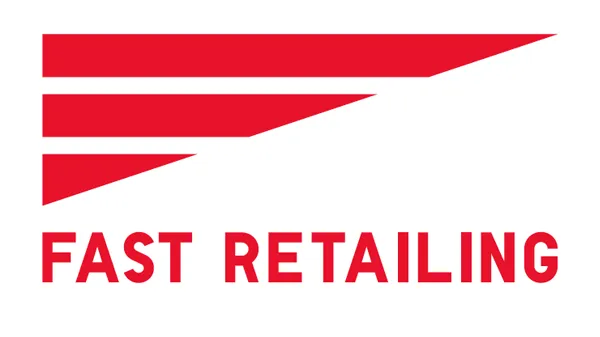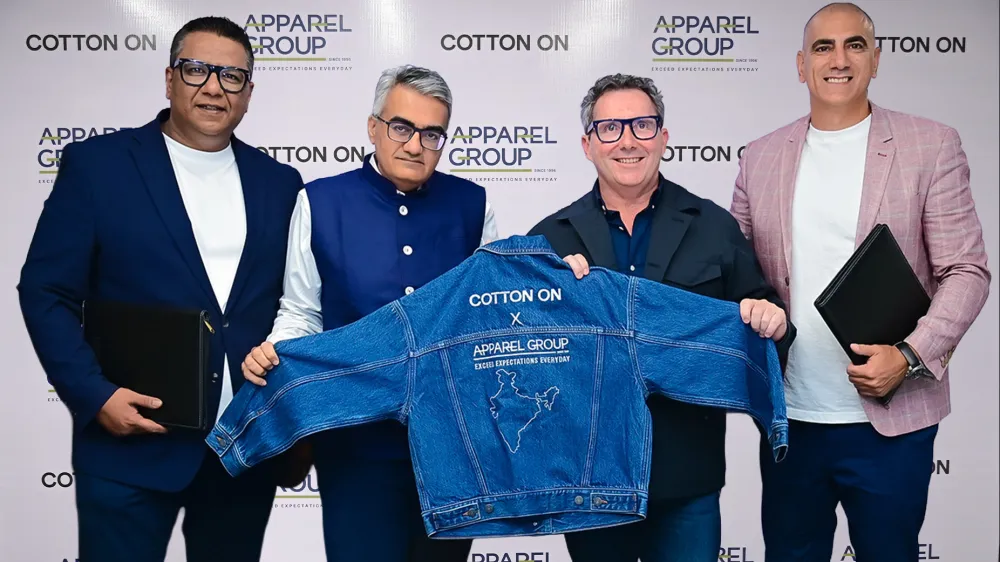
Fast Retailing leverages LifeWear brand with sustainable identity
Initiatives include recycling UNIQLO products and launching diversified resources.
Fast Retailing Group has unveiled its long-term strategies for the supply chain and sustainability growth of its signature LifeWear brand.
In the briefing, Fast Retailing shared the plans to leverage its brands to ensure sustainability and growth under a more innovative and steady business model.
Fast Retailing is also seeing progress over its RE.UNIQLO initiative that promotes recycling and reusing UNIQLO products, thanks to the success of a pop-up store in UNIQLO Harajuku, Tokyo. In addition, 35 RE.UNIQLO STUDIO stores were opened in 16 markets.
The launch of the Recycled Down Jack has also sped up the development of clothing-to-clothing products through recycling materials like cashmere, wool, and cotton.
For the development of the products, Fast Retailing has made the effort to invest in materials with low greenhouse gas emissions, with an 8.5% increase for all products. Recycled polyester now accounts for 30%, with the company pushing forward for a 50% target.
The company has also implemented a process for UNIQLO products to be traceable via their raw material level as a measure to maintain the quality of its supply chain and materials procurement.
ALSO READ: Global brands to struggle with localised offerings
For the side of its production bases, a more diversified workforce was set up in China, Indonesia, and Vietnam, where the last two surpassed 50% in the rate of domestic production. Sources of raw materials for participating countries were also diversified to allow engagement from local businesses and industries.
Attaining its goals for zero carbon, several facilities and stores have targeted to reduce emissions by 90%, with a reduction achieved by 45.7% in FY2020. Fast Retailing had also pledged a 100% transition to renewable electricity, with the latest achievement being 42.4% of renewables in FY2022.



















 Advertise
Advertise




